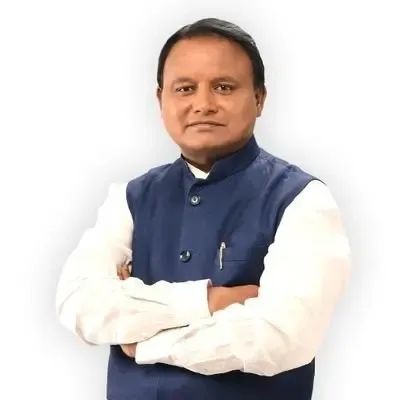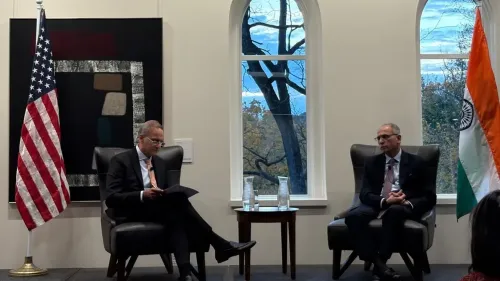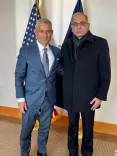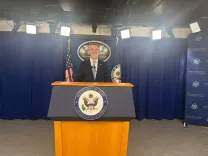Gita Gopinath Reflects on the Impact of Dr. Singh's Reforms on Young Economists
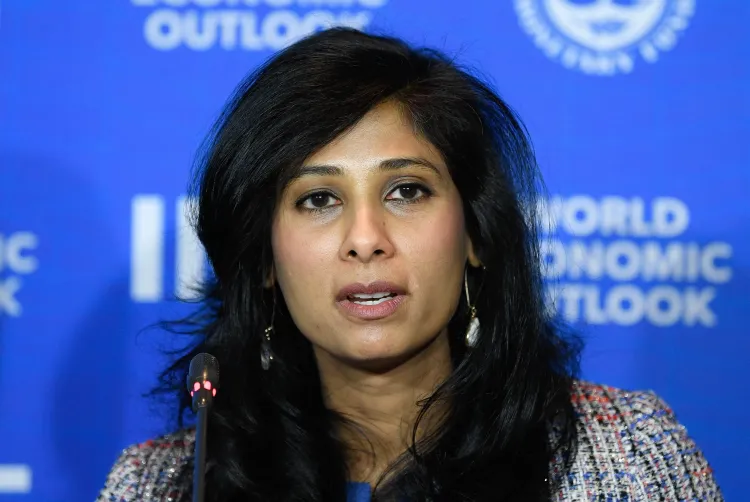
New Delhi, Dec 27 (NationPress) Economists expressed their sorrow over the demise of former Prime Minister Manmohan Singh on Friday, with IMF Deputy Director Gita Gopinath noting that the economic reforms he introduced as finance minister in 1991 have motivated numerous young economists like her.
“Dr. Manmohan Singh’s 1991 budget liberated India’s economy, significantly boosting the economic potential for hundreds of millions of Indians. His visionary reforms inspired countless young economists like me. Rest in peace, Dr. Manmohan Singh,” Gita Gopinath mentioned on X.
Sanjeev Sanyal, a member of the Economic Advisory Council to the Prime Minister (EAC-PM), remarked that his generation of Indians was a product of the economic reforms initiated by Finance Minister Manmohan Singh and Prime Minister Rao in 1991.
"As I have stated previously, the two most pivotal years of the twentieth century for India were 1947 and 1991 -- one granted political freedom and the other economic freedom. Manmohan Singh will forever be remembered for declaring the Great Liberalisation..." Sanyal expressed.
Messages of condolence also came from industrialists for the former Prime Minister and former finance minister who played a crucial role in opening up the Indian economy and moving away from the previous licence-permit raj that had constrained industry.
JSW Group chairman and MD, Sajjan Jindal, stated; "I am saddened by the passing of Dr. Manmohan Singh ji, former Prime Minister of India and the visionary leader behind India’s economic liberalisation. A statesman of humility and wisdom—India owes him a debt of gratitude."
The US-India Business Council expressed deep condolences following Dr. Singh’s passing, emphasizing his substantial contributions to fortifying the relationship between the United States and India.
USIBC commended Dr. Singh for his critical role in the 2008 Civil Nuclear Agreement between the two nations and the economic reforms that shaped contemporary bilateral relations.

